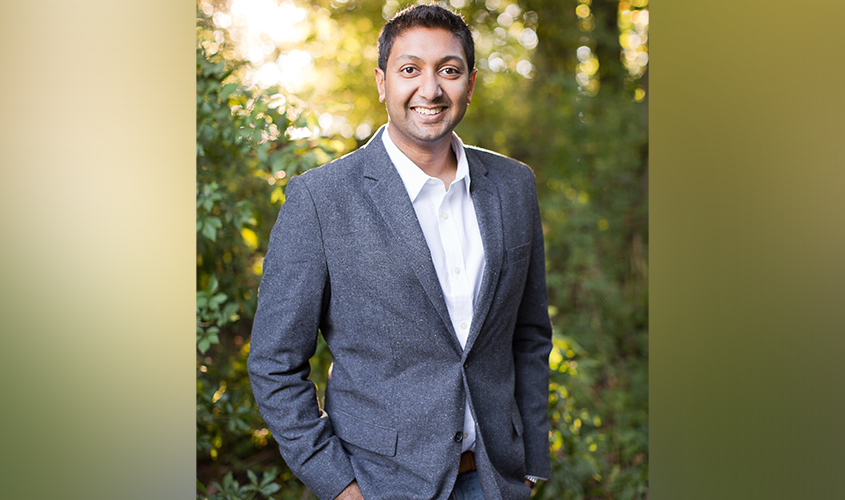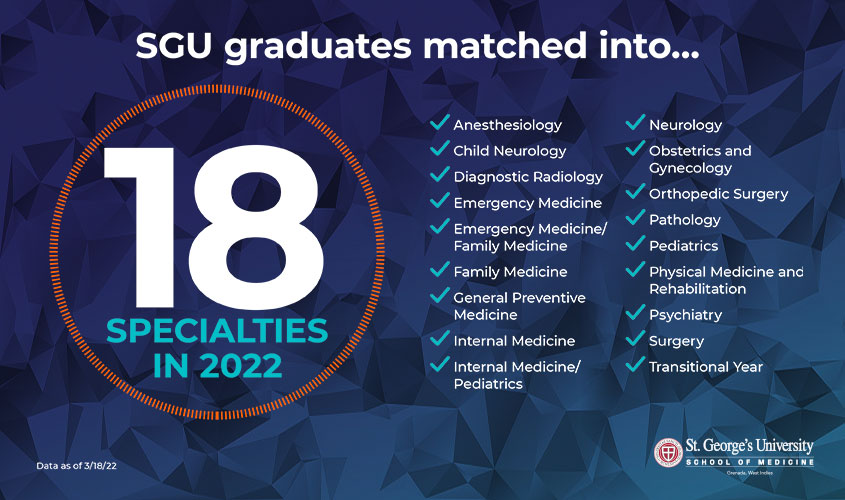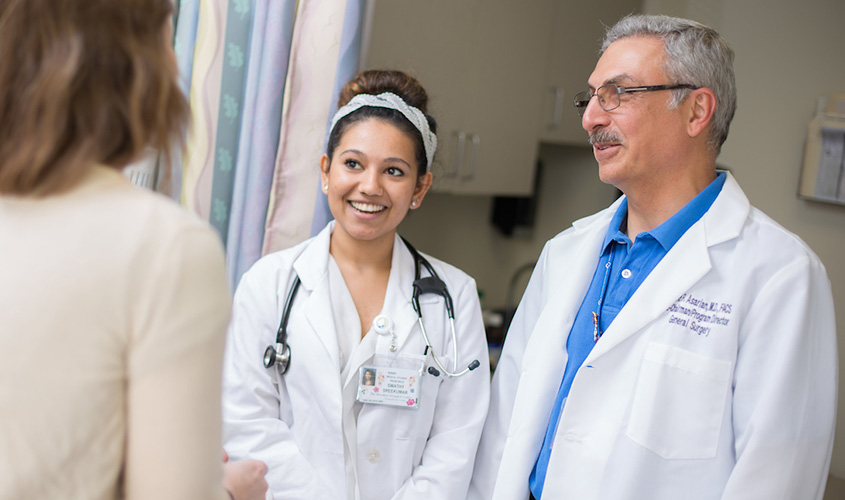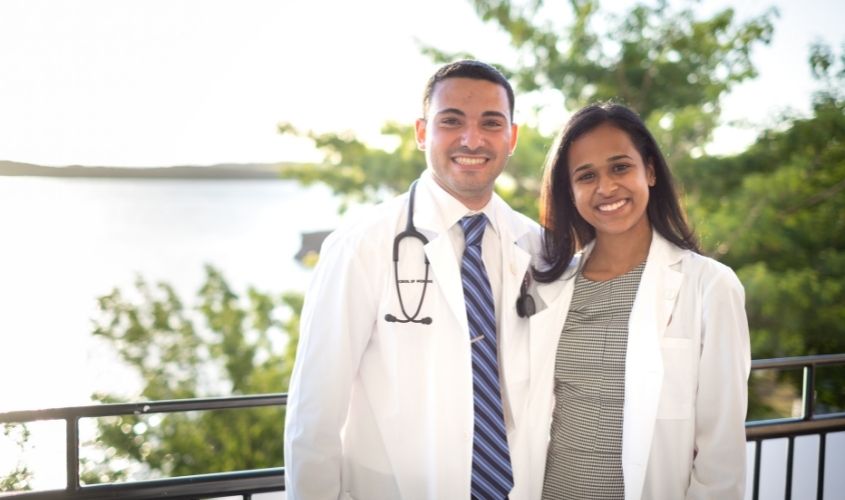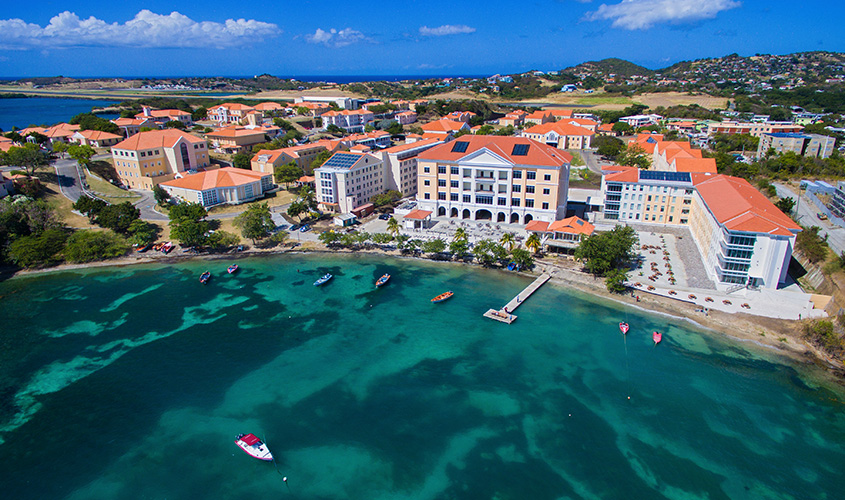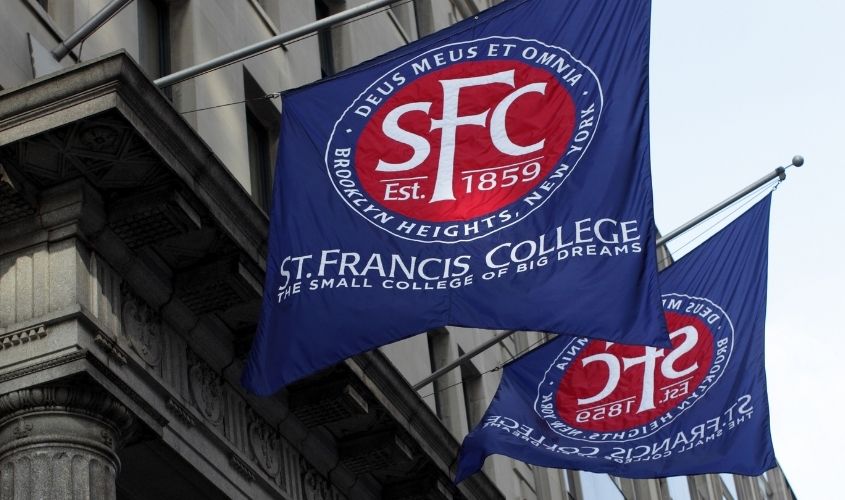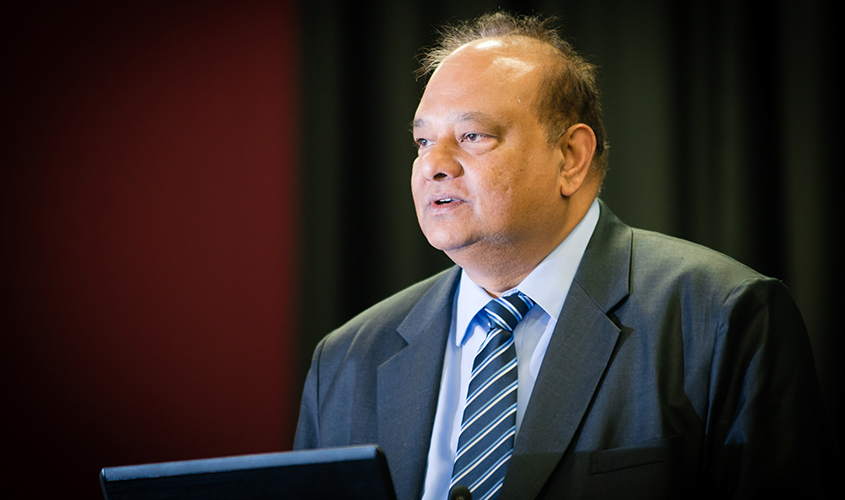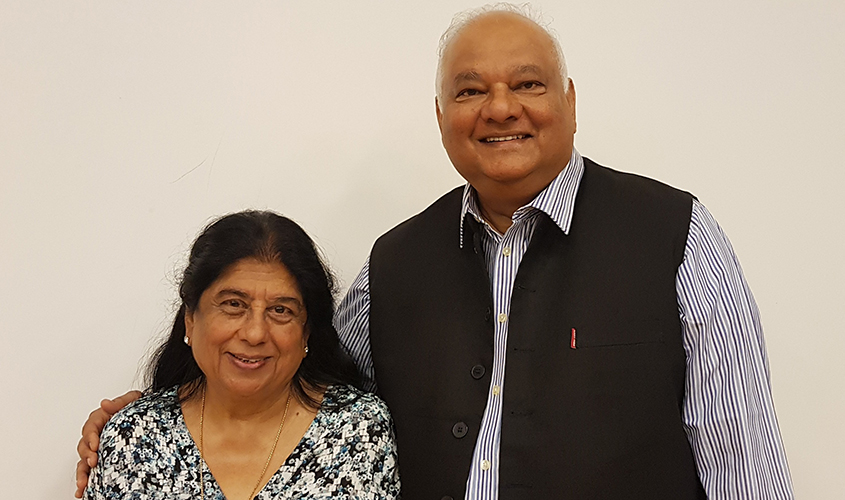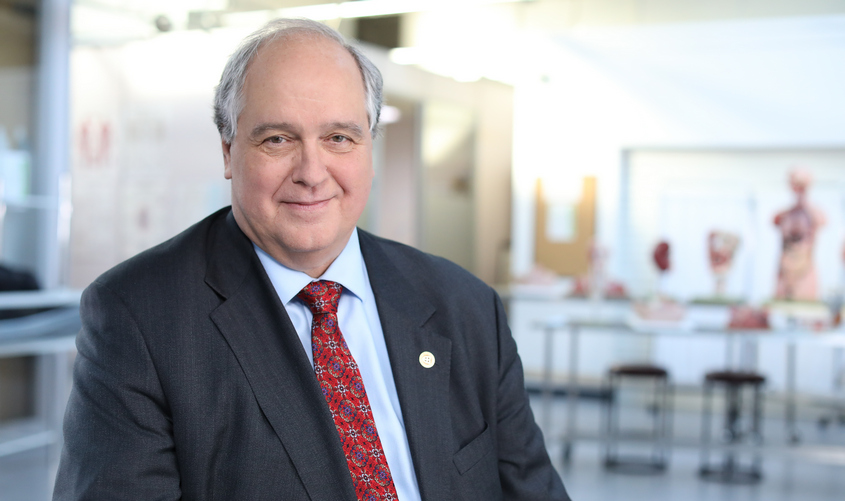
When the COVID-19 pandemic put Grenada back on its heels, St. George’s University alumni put their best foot forward, bringing hope to their one-time home and setting the country on a promising path.
In the span of mere weeks, more than 200 School of Medicine alumni have volunteered their medical services, helped to procure all-important supplies, and contributed more than $70,000 through its newly created Grenada Medical Assistance GoFundMe page.
The Grenada COVID Crisis Group (GCCG), led by SGU graduates Michele Friday, MD ’88, Dwight Matthias, MD ’92, and Lisa Radix, MD ’97, has spearheaded the campaign—facilitating in-person and online patient care and crowdsourcing both funds and supplies that will help healthcare workers on the ground treat those who have contracted the virus. In addition, they aspire to educate the Grenadian community about the benefits of adhering to health protocols and, above all else, they support the COVID-19 vaccine in the population to flatten the curve, lessen the effects of recurring COVID infections, and lessen the burden of long COVID syndrome in recovering patients.
While addressing COVID-19, Dr. Friday hopes that the support received in recent weeks is the start of a long-term healthcare solution in Grenada.
“This pandemic has given us an opportunity to impact the healthcare of our fellowmen and families on the island and has imparted in us the vision to continue with the existing momentum to grow a stellar medical environment in Grenada,” said Dr. Friday, an interventional cardiologist based in Kentucky. “We hope that this medical ideal that we are striving towards, is something that each and every one of our Grenada-trained doctors—who have been educated at SGU, live in Grenada, or who work off island but are Grenadian in heart—would be proud of.”
Raised in Richmond Hill, St. George’s, Dr. Friday is one of more than 60 Grenada-born physicians who have rallied to support their home country. Three grads—Philip Bonaparte, MD ’89, Molara Alexis, MD ’05, and Carina David, MD ’16—arrived on island last week to begin working with local doctors, nurses, and staff.
VIDEO: Dr. Alexis and Dr. David speak about COVID-19 vaccines in Grenada
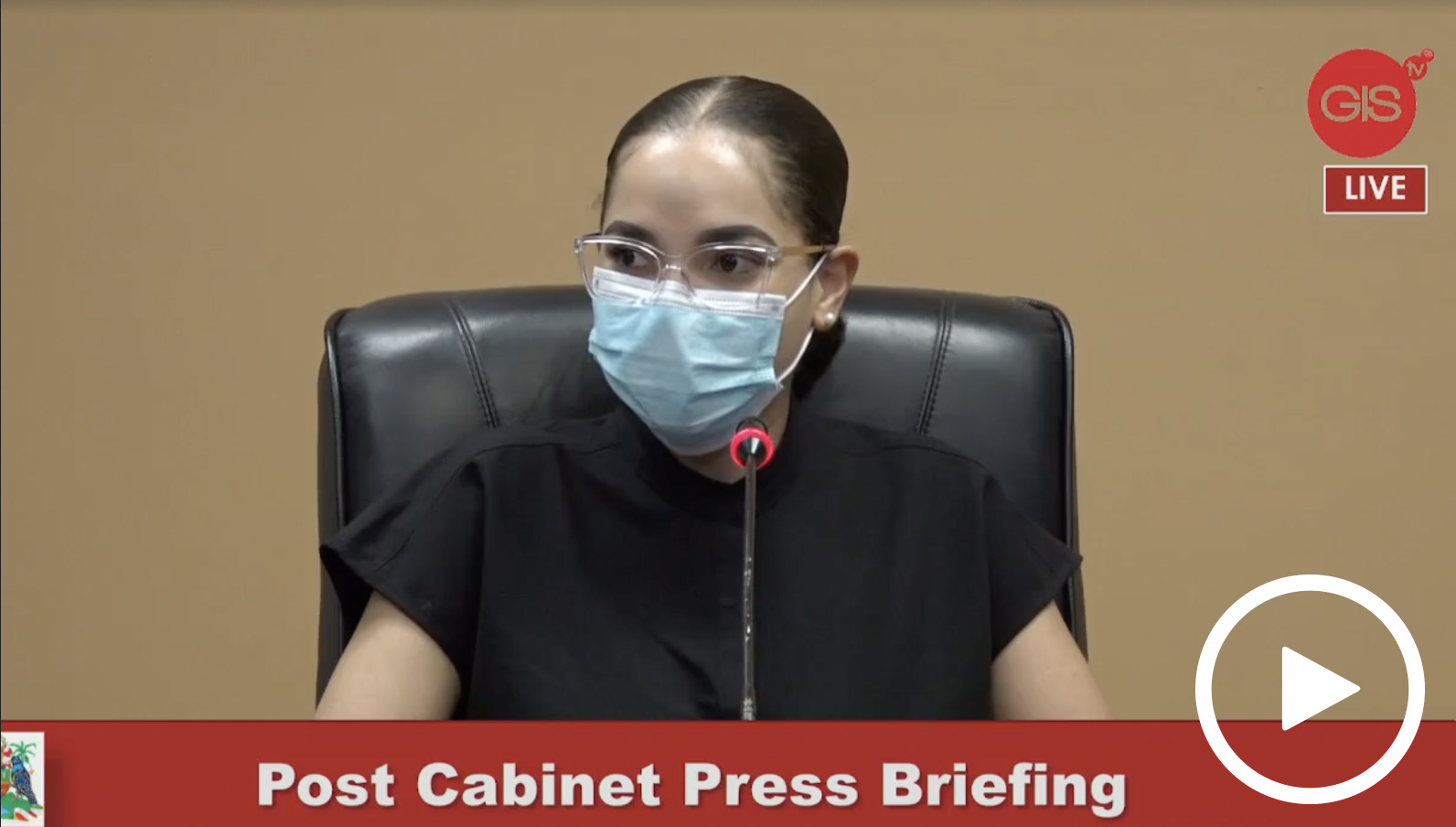
“I felt that it was important to help in a meaningful way, with the reduction in the workforce as some members contacted COVID-19, the likely possibility of fatigue due to an increased volume of work related to the surge, and the opportunity to provide moral support to frontline workers,” said Dr. Alexis. “As an infectious disease physician, I was keen to share any knowledge and experience with my colleagues in Grenada and to continue to educate the general population regarding the importance of vaccination.”
They’ll also work on building up the telemedicine infrastructure so that hundreds of SGU graduates can provide personal care from afar. The network of volunteers spans a variety of specialties, including infectious disease, pulmonology, pediatrics, cardiology, and emergency medicine.
Supplies in demand
The wide alumni network has procured hospital supplies that specifically address needs in Grenada General Hospital and other clinics. These supplies—which began arriving in late September—include much-needed personal protection equipment (PPE) and oxygenation equipment, as well as pharmaceutical support such as monoclonal antibodies, antibiotics, and steroids.
The GCCG GoFundMe page has secured donations from more than 400 alumni and friends of SGU. These funds will be used to secure additional medications, supplies, and equipment to be sent to Grenada. GCCG is working closely with the Ministry of Health to monitor existing supply levels and secure fortifications as needed.
“You feel like you’re connected to a bigger thing that’s about to surround Grenada with all the love and help they can think of providing,” said Dr. Radix, a nephrologist who was born and raised in St. George and attended Anglican High School. “It’s great to be part of a group that has such an innate love for Grenada, Carriacou, and Petit Martinique.”
“As an infectious disease physician, I was keen to share any knowledge and experience with my colleagues in Grenada and to continue to educate the general population regarding the importance of vaccination.”
Dr. Matthias, who was raised in Belmont, St. George’s, added: “My colleagues, Dr. Friday and Dr. Radix, clearly epitomize the SGU alumni and have illuminated the spirit of Grenada national anthem—’we pledge ourselves… heads, hearts, and hands in unity… As one people, one family.’ I’m so appreciative of the fellow alumni who have extended helping hands and made generous donations.”
Graduate contributions are part of a larger effort from the entire SGU community to provide care, spread information, and limit the spread of the COVID-19 virus. Working with the Government of Grenada, SGU faculty members have stepped up to volunteer in the Government’s most recent initiative—hosting mobile testing and vaccination clinics throughout the island. Students have also mobilized in response to the call for help, volunteering at testing and vaccination sites hosted by the Ministry of Health.
– Brett Mauser
Related Reading
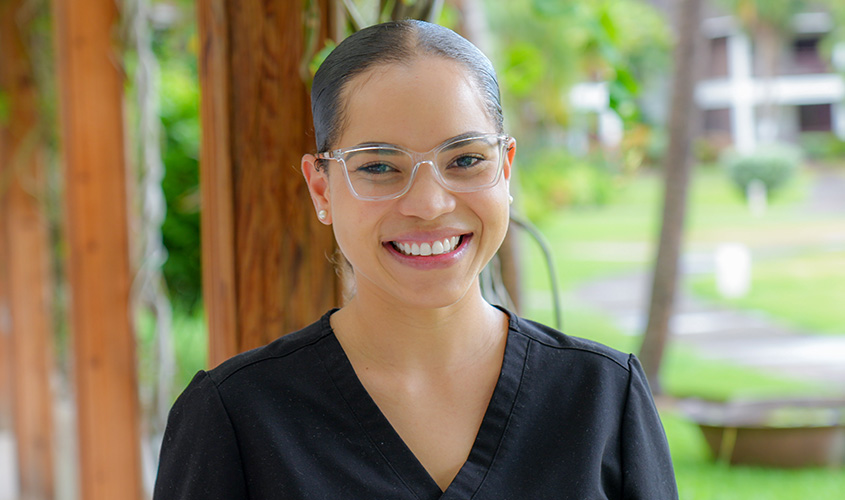
Dr. Carina David
